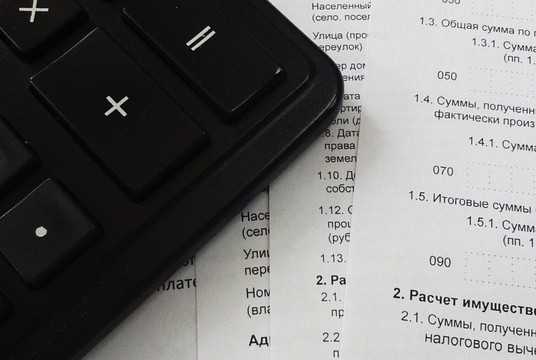 When it comes to bankruptcy, it is perfectly understandable to expect the worst. This is because your property and possessions may be sold or taken away to pay all your debts. Bankruptcy filing will also stay on your credit record for seven to 10 years, and will make it difficult for you to get loans or low-interest credit cards.
When it comes to bankruptcy, it is perfectly understandable to expect the worst. This is because your property and possessions may be sold or taken away to pay all your debts. Bankruptcy filing will also stay on your credit record for seven to 10 years, and will make it difficult for you to get loans or low-interest credit cards.
Despite the negative effects of bankruptcy, it can give you an opportunity to start afresh. You may not realize it, but you won’t lose everything you have. Every state has exemptions that protect specific kinds of assets like a house or a car up to a certain value. You can also keep household goods and money in qualified retirement plans.
The Biggest Lie
Law offices like The Baim Law Firm say this misconception is often disseminated by creditors who want to frighten you into paying them instead of getting the help of a licensed trustee. When you’re terrified of losing everything, you will keep making payments and doing everything to keep your possessions and assets.
It Depends
If you file for Chapter 7 protection, your debts will be erased and the trustee will sell your property to give the money to creditors. You can still, however, keep a certain property up to a certain limit. If you file Chapter 13, on the other hand, you can keep all your assets, but you need to agree on a repayment plan and keep up with the payments.
Lifestyle Change
There is always life after bankruptcy and this usually means changing your lifestyle, particularly how much you spend every month. If you’ve filed a Chapter 13, you need to pay your debts in a timely manner and you can’t take on a new credit card or loan without permission from the court. For Chapter 7, you need to start living on cash, instead of relying on credit help. It is also a good idea to start building an emergency fund.
The law surrounding personal bankruptcy is complicated. While you are not required to have an attorney, it is still best to seek professional assistance from a firm. A bankruptcy lawyer will guide you if you need to file for Chapter 13 or if you have a complex Chapter 7 case.




